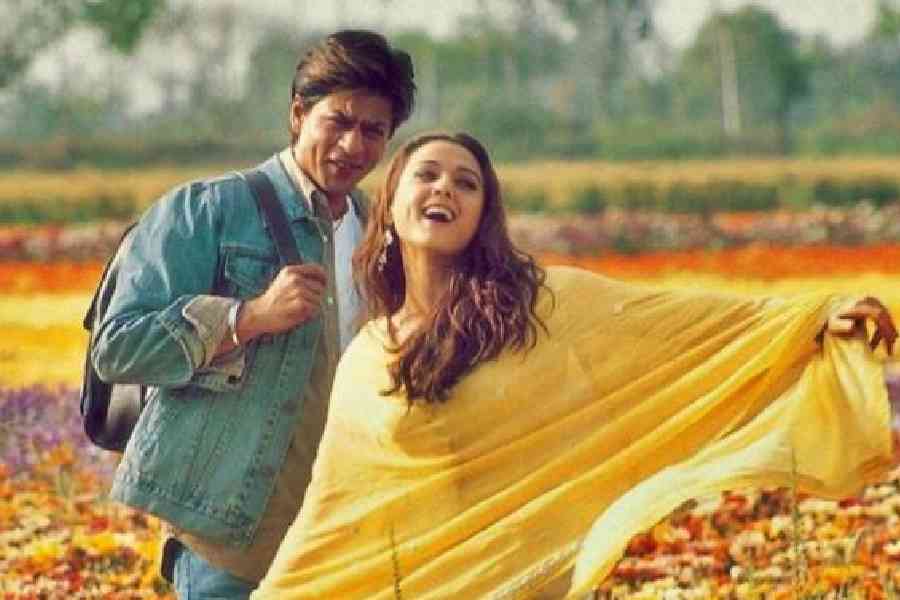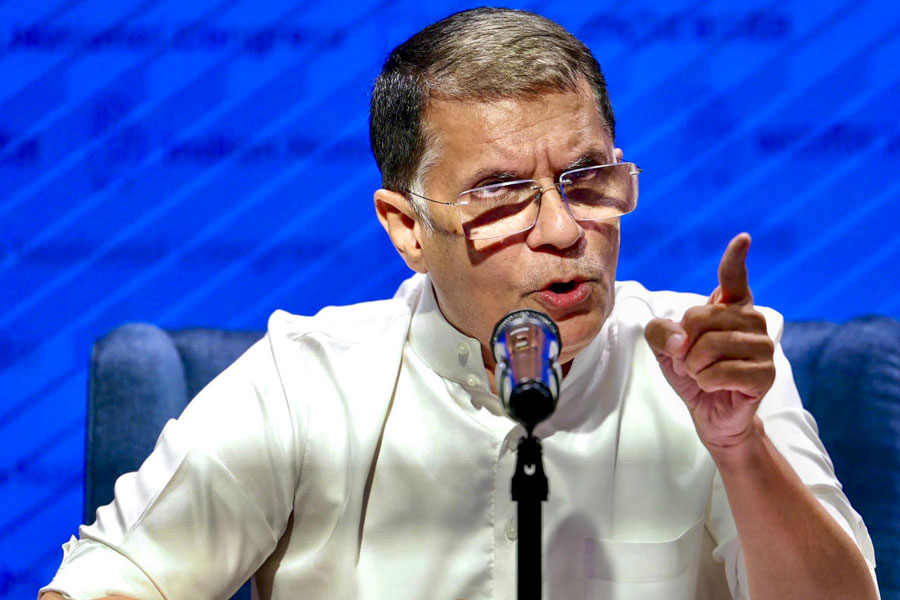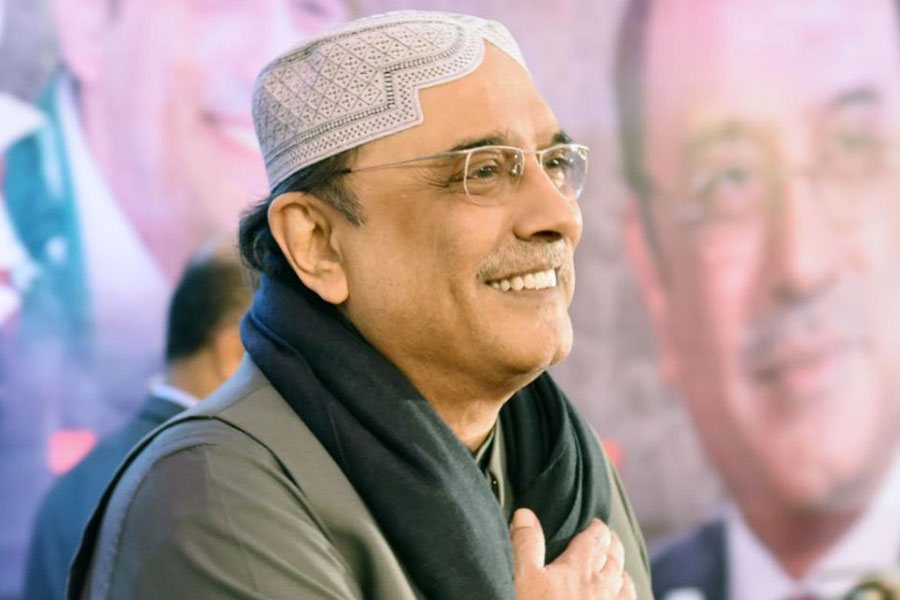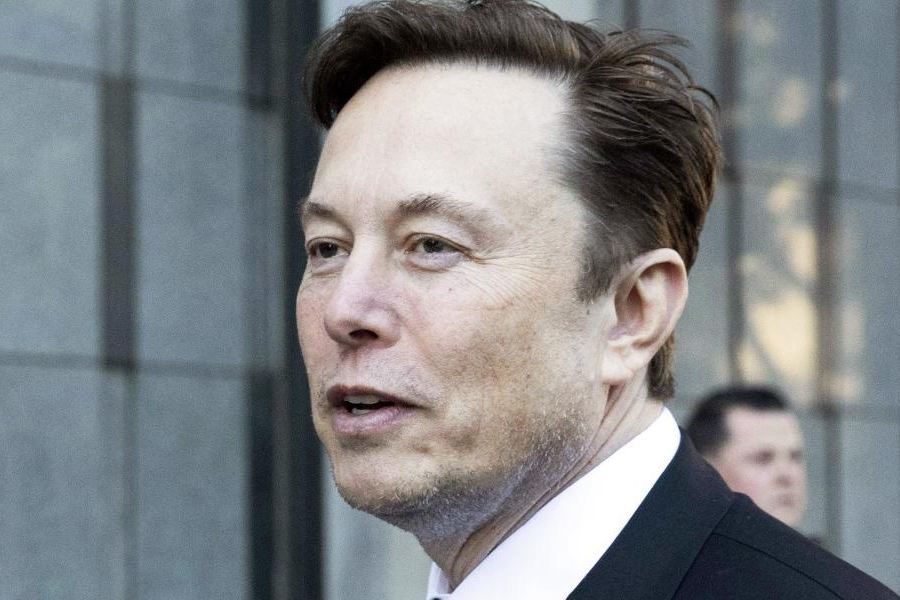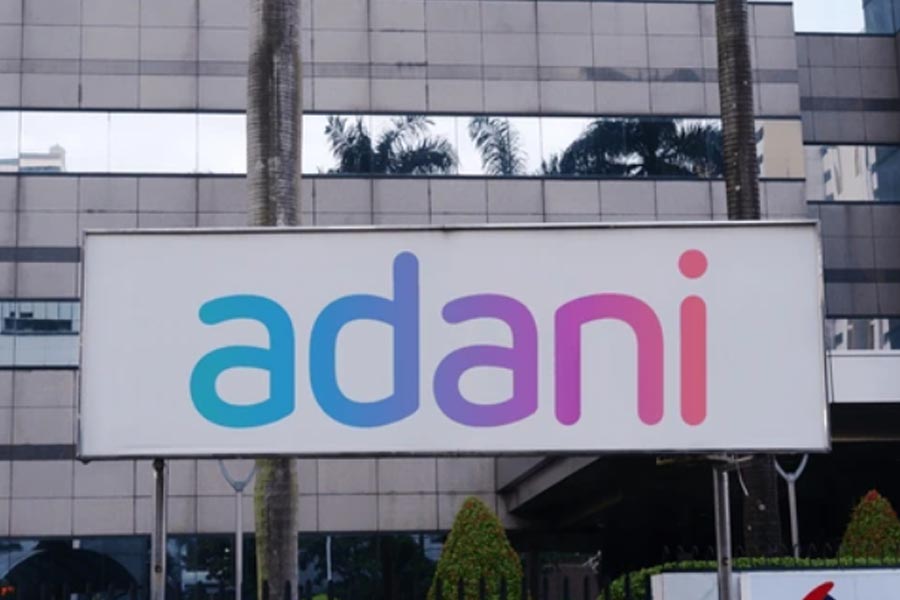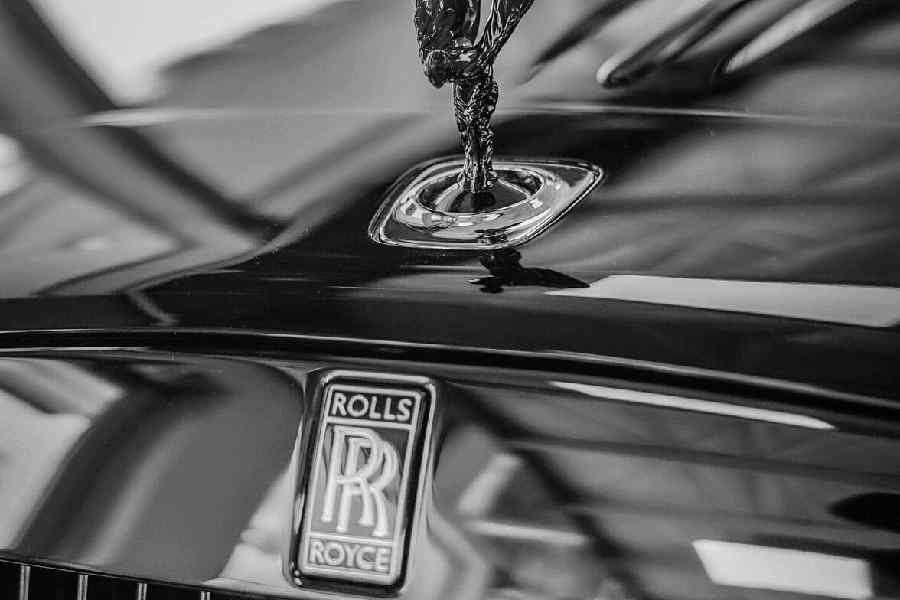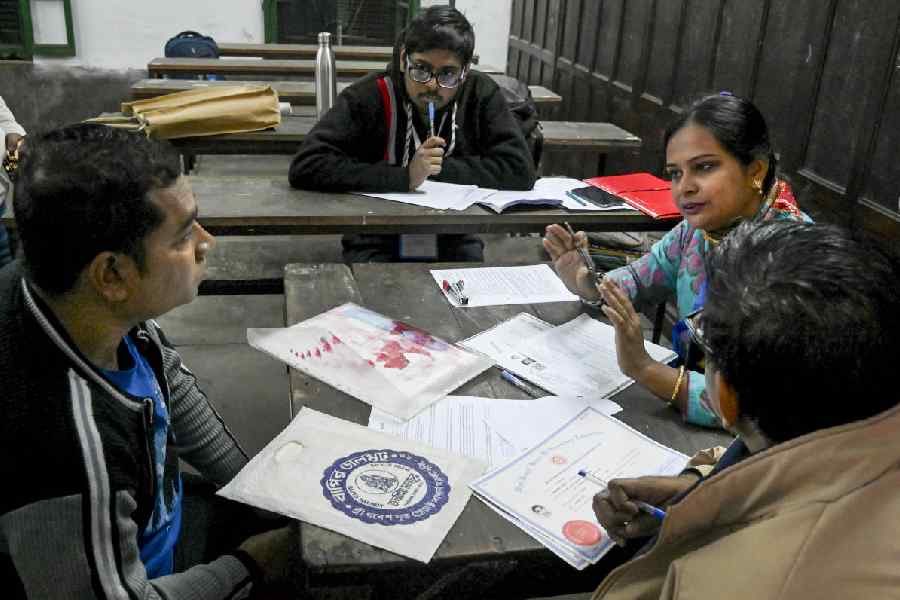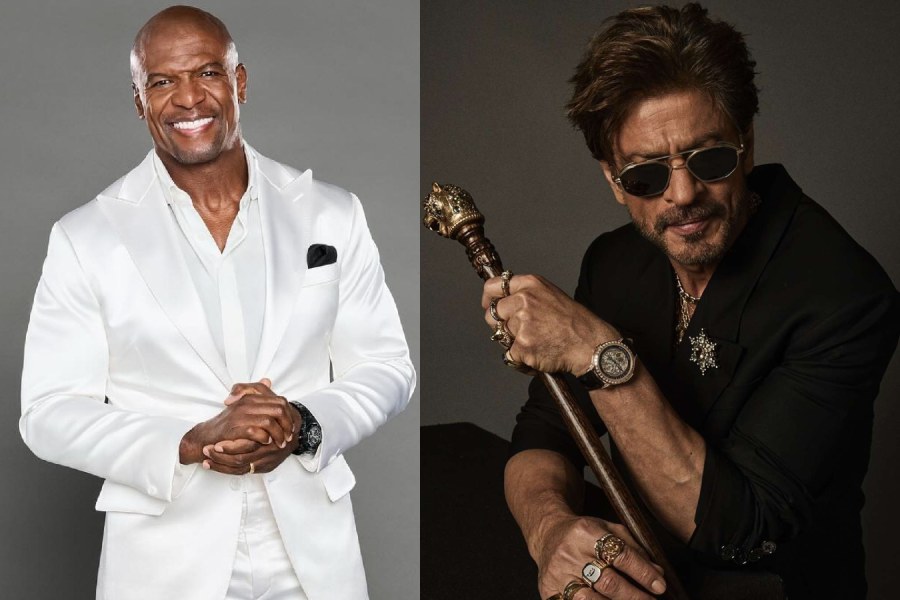Yash Chopra’s Veer-Zaara — a timeless tale of eternal love battling time and tribulation — turns 20 today. Starring Shah Rukh Khan, Preity Zinta, Rani Mukerji, Amitabh Bachchan, Hema Malini and Manoj Bajpayee, the film remains an evergreen love story, with its music — the highest-selling Hindi film album of 2004 — having its own fascinating story.
The Veer-Zaara album, still topping many a playlist, was recreated from the unreleased tapes of music composer Madan Mohan, almost three decades after his passing. It is recognised as a one-of-a-kind project, brought tirelessly to life by Madan Mohan’s son Sanjeev Kohli. In a chat with t2, Kohli went down memory lane to talk about Veer-Zaara and the sound of its music.
Tell us about the process of recording your father, Madan Mohan’s, unreleased tunes as a full-fledged album for Veer-Zaara...
I am, of course, not a regular composer. Yash Chopra has made musical blockbusters with people who were not part of the mainstream. For example, Khayyam in Kabhi Kabhie. There was Shiv-Hari, who he launched as a composing team though they were well-known classical musicians. In Dil To Pagal Hai, he gave a break as an individual composer to Uttam Singh and it was the highest-selling album of the year. Six years later, he decided to direct Veer-Zaara. I was the CEO of Yash Raj Films then.
I was 18 when my father passed away. He had left behind a tape recorder and a stack of tapes. After his passing, I took possession of them and kept them safe. I would hear them to remember him. In between, there were snippets of a song, of a composition in his voice, of him just humming, playing the harmonium or piano in between the master recordings of his released songs. They were the original master recordings, not the ones done by the record company. There was one tune on a cassette that kept haunting me.
He had just finished work on Gulzar’s Mausam when he passed away. This tune that I heard was in the words of a popular song from Mausam called Dil dhoondta hain. But it was a different tune from the one that was released. I was fascinated. I would dream that I would record this song one day and play it to big directors and big stars who would take it in a film... that my father would get an award for it. My father hadn’t won many awards and that remained an unfulfilled dream. Eventually, I forgot about it. I immersed myself in studies and then started working.
One day, Yash Chopra told me that he had sittings with some composers for his next film. But he was not happy with what he had heard. I told him about my father’s tapes and asked if he wanted to hear them. He jumped at the idea. He asked me to explore the tapes and see if there was something that could be used. The film was still being written but he knew the situations and he wanted a love song, a sad number, a folk song, a qawwali....
I listened to those tapes and picked up whatever I thought would be appealing to listeners of that time. Melodies survive on the basis of how you present them. A tune will sustain, what gets dated is presentation.
Yashji and Adi (Aditya Chopra) heard the tapes and asked me to record them as dummies. I put together a team and recorded the songs. I went and played them back, all 10 of them. They loved them and asked me to pick up more tunes. I made another 10-15 dummies, which they heard. At the end of it, they said that they would credit the score to Madan Mohan.
It has never happened that a deceased composer’s tunes were used in a new film so many years after his passing. Especially when the Chopras had so many living music directors to choose from. I don’t know why they took this risk but they did. Some of these tunes dated to 50 years before 2004.
We wondered whether to arrange the tunes with a modern sound, but the Chopras liked the sound that had been done for the dummies. I took charge of the score and that was daunting because I had never done anything like that before. But I couldn’t let my father down. People loved his tunes and I knew I had to make them happy and not think that I was being blasphemous.
What was the brief from Yash Chopra?
To create the grandeur of sound that his films normally had. The big sound, big-screen experience... lots of violins and many musicians. I also had to appeal to the young generation — the millennials.
The project took a year-and a-half to complete. We would record one song every two-three months and then Javed Akhtar was called in to write the lyrics. There was a lot of scepticism at the time because some people weren’t sure how successfully we would recreate songs made so many decades ago.
It was a very unusual project that we could pull off only because of the support and conviction of Yashji and Adi. They went ahead knowing that some people would be unhappy about it. Things like why does a dead man need to be resurrected when we are all here? Some even said that the reason why Madan Mohan had not used these tunes in his lifetime was because he hated them himself!
The album went on to become the top-selling Hindi film album of 2004. What were the emotions like?
It became a phenomenon and its huge success promoted YRF to start its own music label. In one stroke, my dream as a kid turned into reality
That it was a Yash Raj film directed by Yash Chopra and had the biggest stars of the time brought more exposure to the music. That we are talking about it 20 years later shows how popular the film, with music being a big part of it, became.
What was it like having Lata Mangeshkar sing for the film?
She was 75 then and had already been singing for 60 years. She had sung all the big hits of Madan Mohan. All these tunes had been made for her. Some of them she had even heard from him while he was alive, while he would compose them. At that time, she hadn’t sung for a year or two, except for an A.R. Rahman song here and there. She said ‘yes’ to Veer-Zaara. She would cry at the mic after hearing the recording of my father’s voice. She remembered all those 25 years they had worked together.
As a child, I had played on her lap. While recording for Veer-Zaara, I would sit with her during rehearsals. She would ask me: ‘Should I do this inflection?’ It is unbelievable that I was telling her what to do for my father’s tunes. She was so indulgent and kind.
What is the enduring appeal of your father’s compositions, especially those in Veer-Zaara?
Melody. On YouTube, some of my father’s songs have the highest views. Lag jaa gale from Woh Kaun Thi? had a limited audience when it released because it was an adult film. Today, Lag jaa gale is sung by young singers, by contestants on reality shows, at concert nights, including by today’s leading singers. What has sustained it is the entire package — the lyrics, the way it was conceived and, of course, the singing and melody.
Jhumka gira re (from Mera Saaya) was made by him in the ’60s and now it has been adapted as What jhumka? (in Rocky Aur Rani Kii Prem Kahaani). In the long run, it is the melody that sustains, along with the presentation.
People still listen to the songs of Veer-Zaara at a time when music scores are forgotten in a year. They say that the songs take them back to a magical era.
Veer-Zaara re-released in September this year and did well. What kind of feedback did you get, especially for the lasting power of its music?
Even now, quite a few people tell me that Veer-Zaara is still the greatest movie they have seen and that the music in the theatre is simply wow. It is a theatrical experience... that is the way the film was mounted and made. One enjoys it more on the big screen than on streaming. It has been 20 years and even now, the music is on playlists. Things change fast but the music of this film has sustained its popularity.
Why have you not recreated any more of your father’s songs for other films?
To be honest, I was very absorbed in my career. Also, I needed a project like Veer-Zaara, I needed the kind of indulgence, that confidence, time and risk. After what we had achieved, the next couldn’t be less. I was not a music director and I didn’t want to be one. So we let it be.
I had my father’s tapes. But I wonder where are the unreleased tunes of so many other music composers of his time and even those after him. It is 20 years since Veer-Zaara did it. After that, nobody has done it.
Billboard USA recognised the music of Veer-Zaara as a ‘first of its kind’. People have recorded songs which they didn’t release and then they remastered and released them later. But these were not recorded. These were just hummed and transformed and adapted into a song for the day.
We also made a making-of-the-music CD, which we released along with the audio CD of Veer-Zaara. It was a two-CD set in which we played my father’s voice, the original tune and then showed how we meshed it into the final product.

